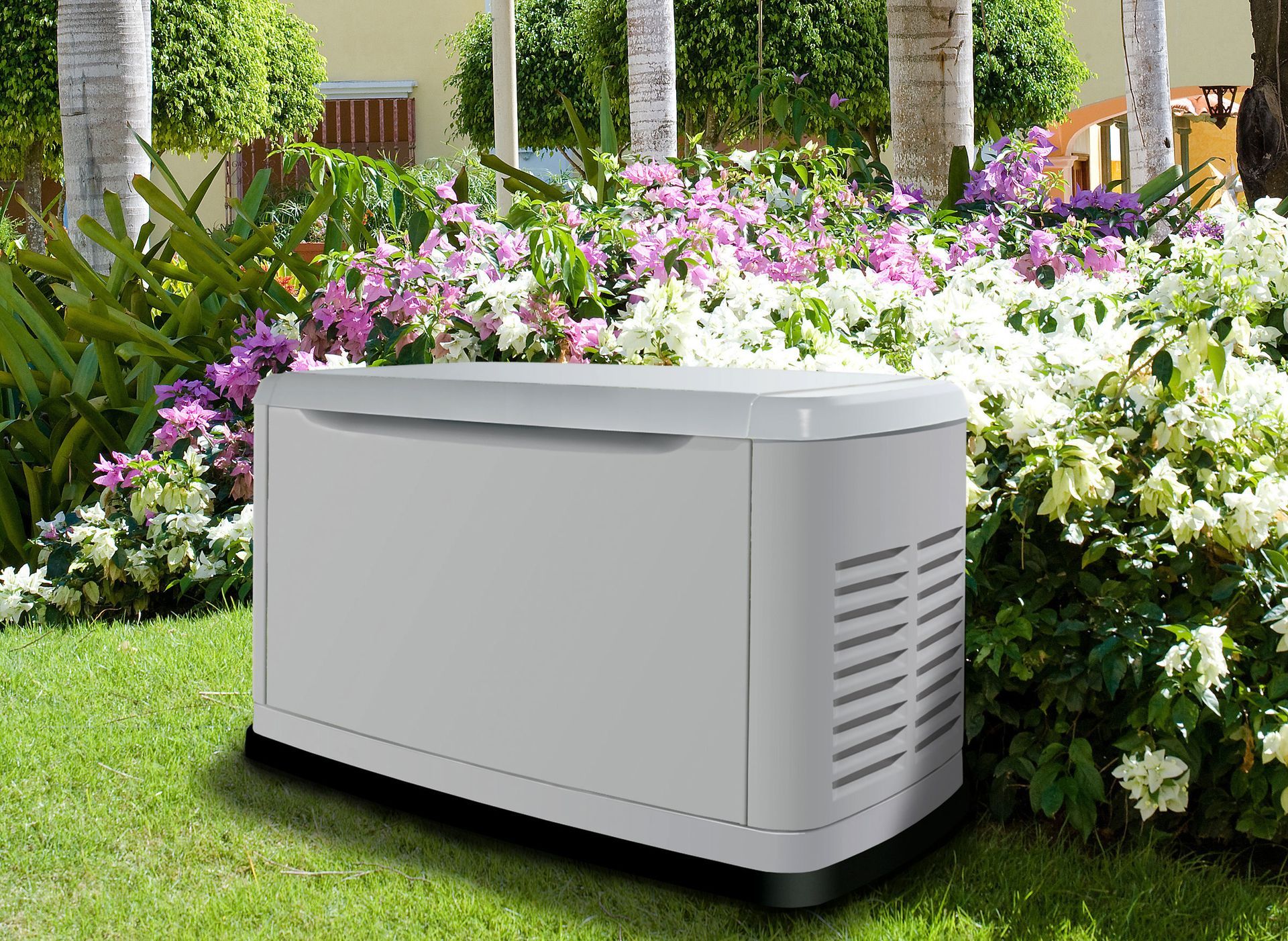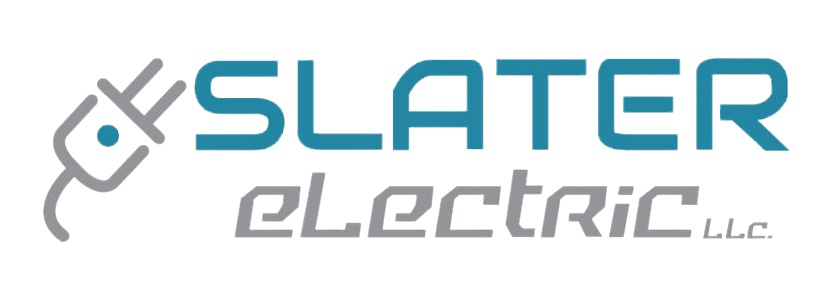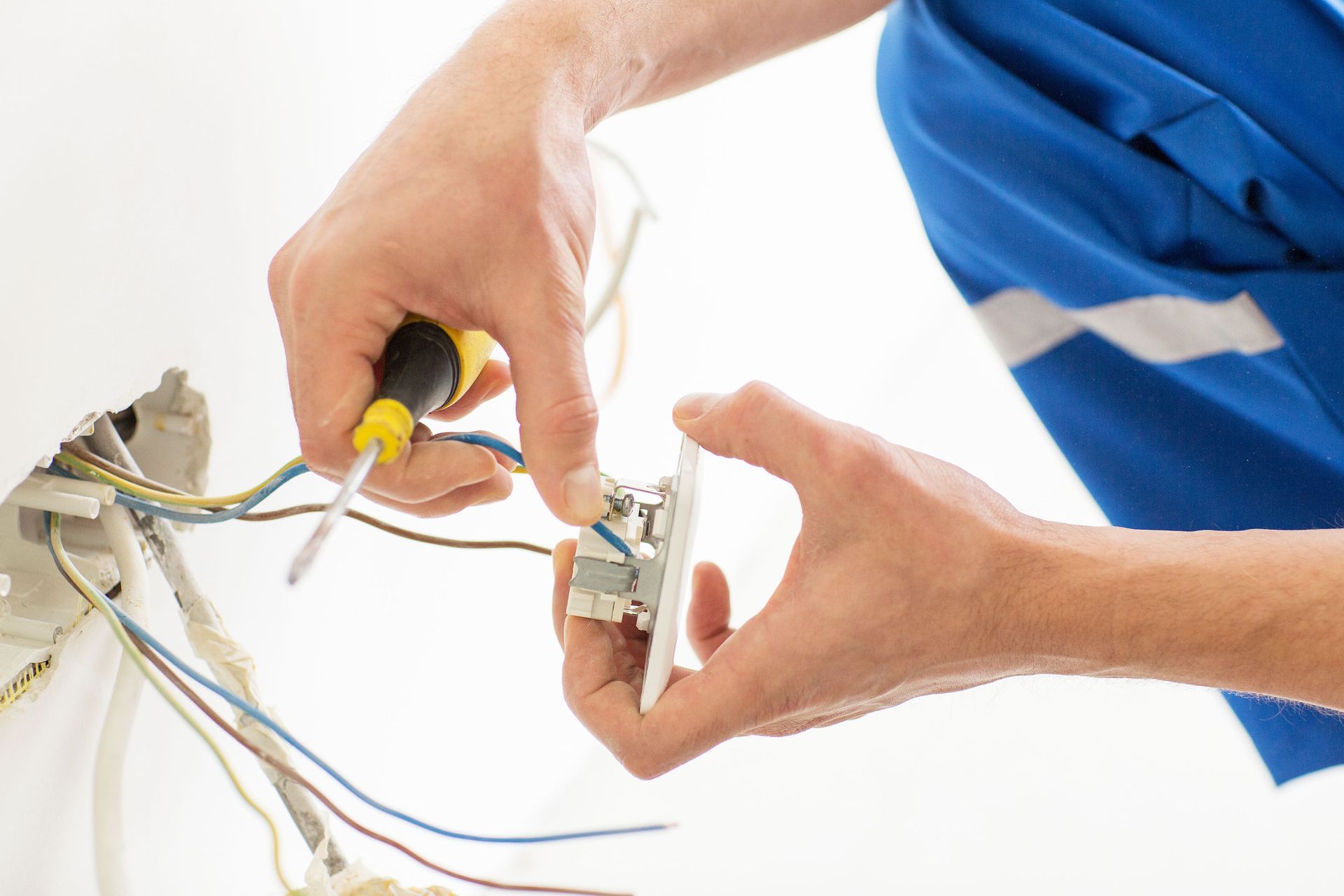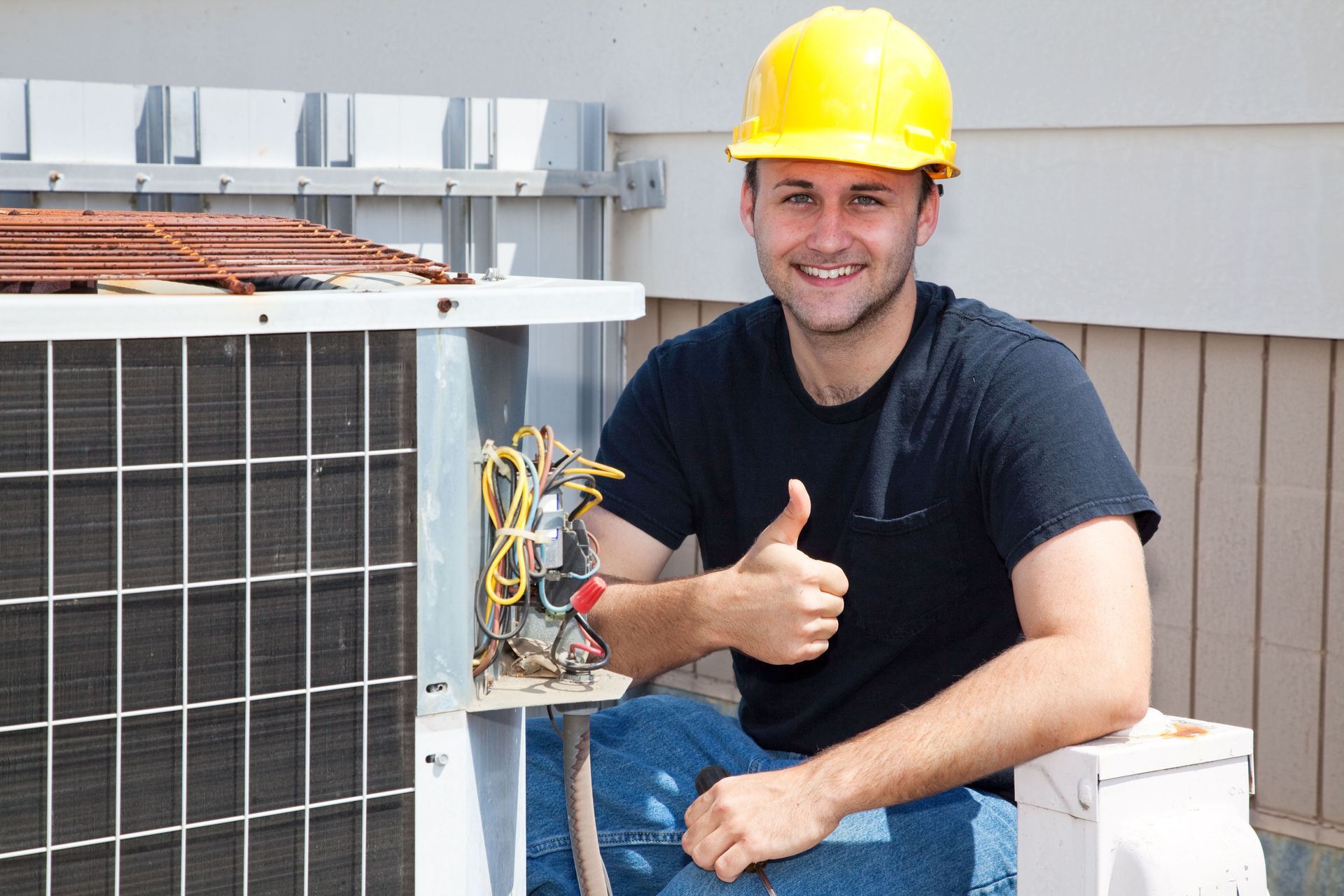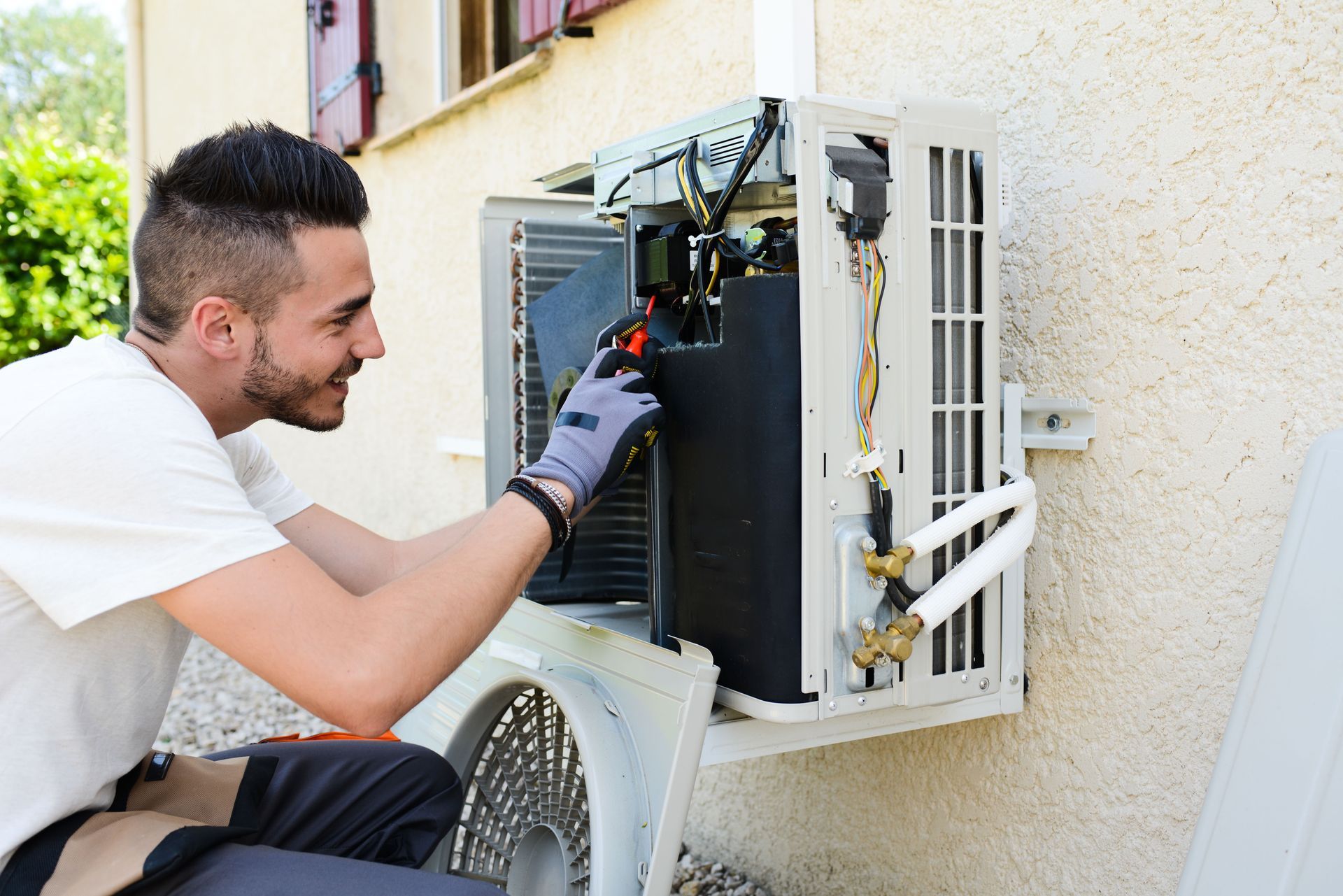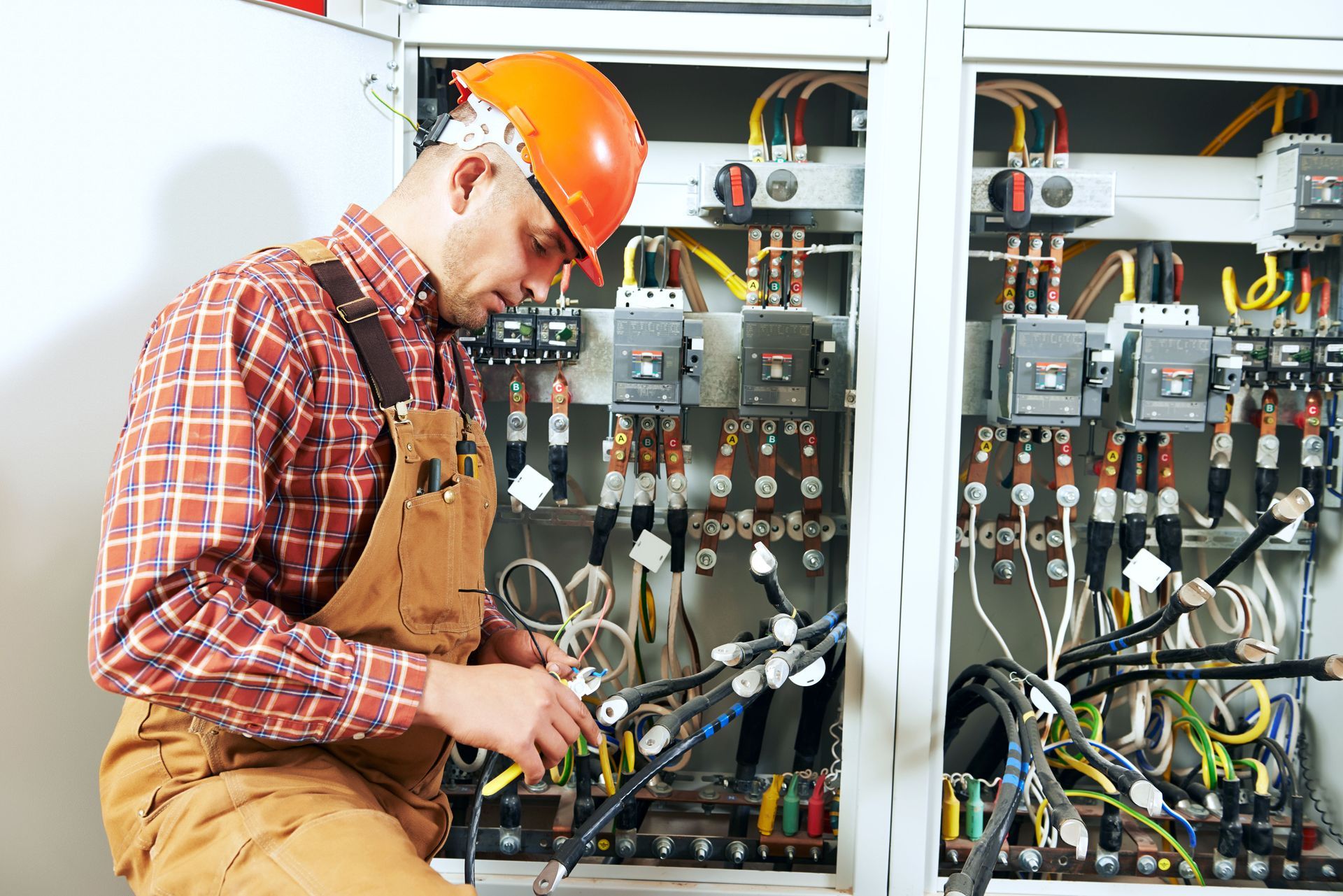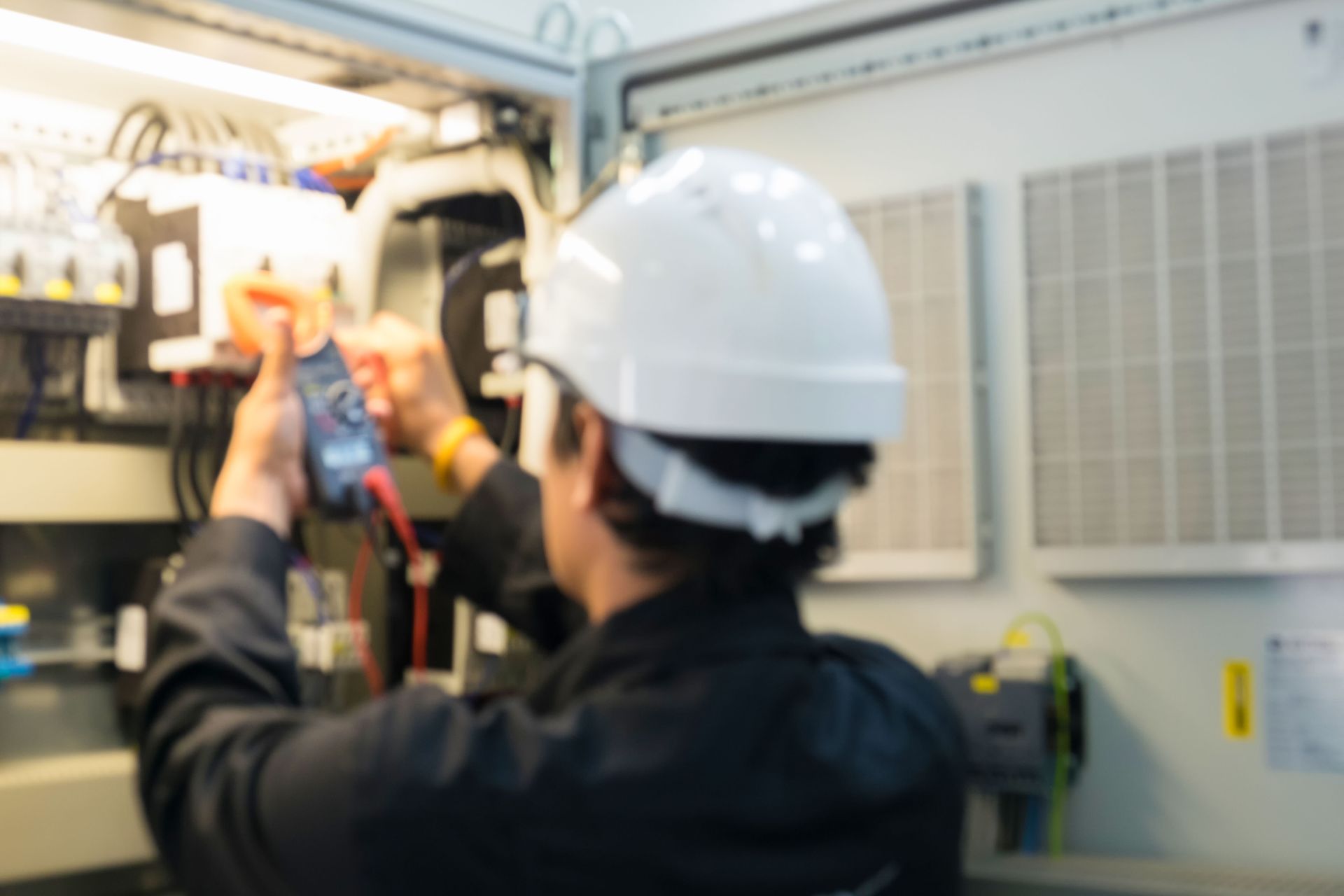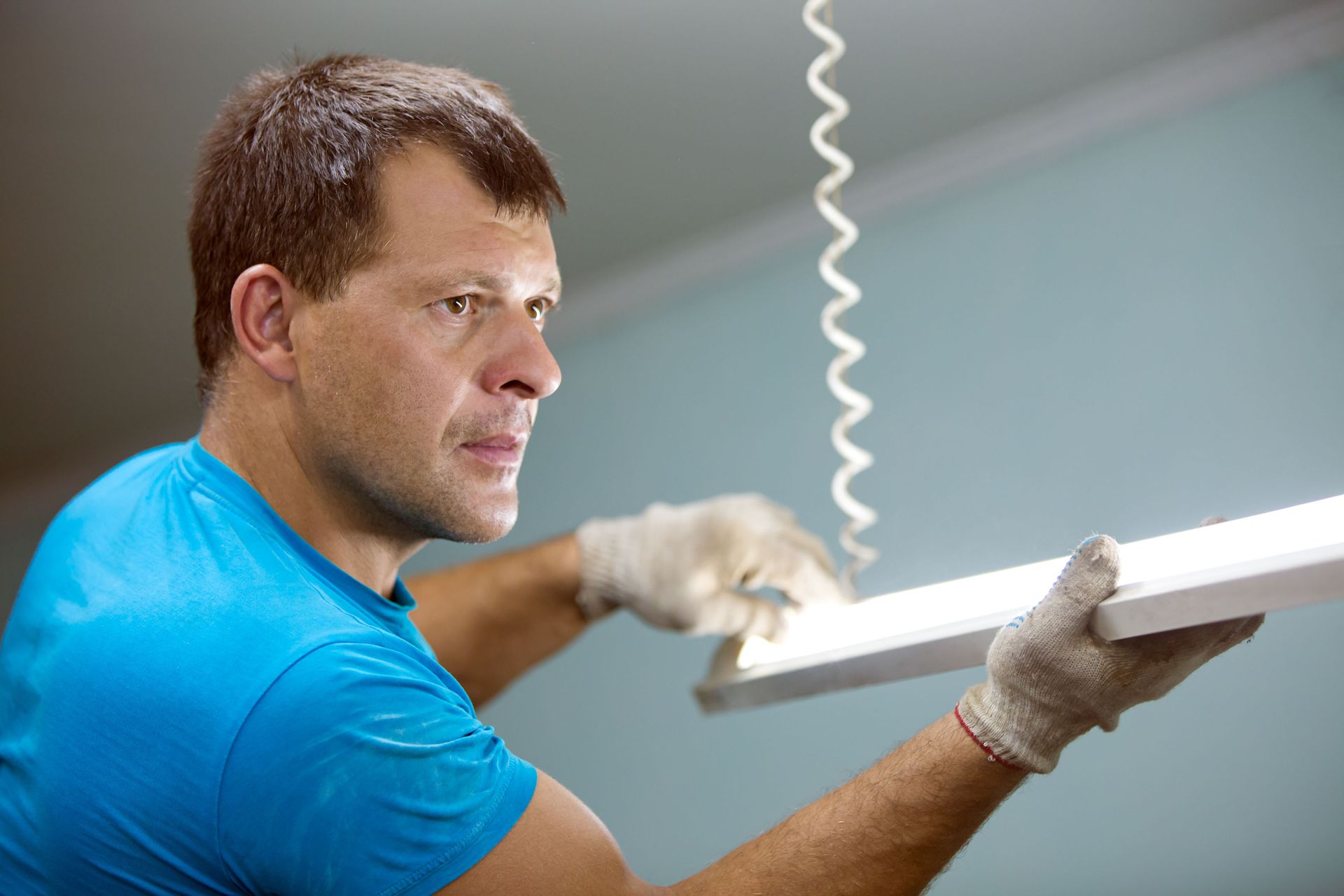July 24, 2025
More and more homeowners are taking proactive steps to secure their homes against unexpected power outages. Whether caused by extreme weather, aging infrastructure, or overloaded grids, blackouts are no longer rare, and the peace of mind that comes from owning a residential backup generator is invaluable. But while buying a generator is one thing, installing it correctly is another. That's where a generator installer certified in residential systems becomes essential.
According to Cognitive Market Research, the global residential generators market was valued at $10,542.2 million in 2024, with North America accounting for over 40% of that share. This demand boom shows just how important reliable and properly installed home power solutions have become. However, as installations rise, so does the risk of errors, shortcuts, and safety oversights—particularly when unqualified individuals take on the work.
A certified generator installer ensures your system isn't just operational but installed to meet all safety regulations and electrical codes. Their knowledge and training help avoid hazards, extend equipment lifespan, and protect your investment. Below, we explore the essential ways a certified professional guarantees a safe and compliant generator installation.
1. Conducts a Thorough Site Assessment Before Installation
Every installation begins with a comprehensive evaluation of your property. A certified generator installer doesn't rely on guesswork—they assess your home's electrical demand, available space, nearby structures, and fuel sources to determine the best location and generator type.
This site visit also involves identifying safe distances from openings like doors, windows, and vents. Incorrect placement can cause harmful exhaust fumes to enter your living space, leading to carbon monoxide poisoning. Additionally, zoning laws, setback requirements, and HOA regulations must all be followed. Certified installers make sure the proposed installation site checks every box, both for performance and legal compliance.
2. Ensures Proper Sizing for Load Requirements
Choosing the right generator is about more than brand or price—it's about load capacity. Oversized generators waste energy and inflate costs, while undersized systems can overload and fail when demand peaks.
Certified generator installers perform accurate load calculations based on the appliances and circuits you want powered during an outage. This may include refrigerators, HVAC systems, lights, security systems, and medical equipment. Sizing also takes startup surges into account, which many appliances require when first turning on. The result? A generator that meets your household's unique needs without compromising safety or efficiency.
3. Uses Code-Compliant Electrical Connections
Electrical code compliance is one of the most critical parts of generator installation. Certified professionals strictly follow the National Electrical Code (NEC), which outlines safe wiring practices, grounding protocols, and protective devices.
Improper wiring or a missing transfer switch can cause backfeeding, a dangerous condition where power flows in the wrong direction and endangers utility workers. Certified installers install an automatic transfer switch (ATS) or manual switch to prevent this. They also verify that the generator has proper circuit isolation and is grounded correctly to protect against surges, short circuits, or electric shock.
4. Manages Fuel Source Installation Safely
Whether your generator runs on natural gas, propane, or diesel, the fuel supply must be installed safely and in accordance with local fire and building codes. Certified generator installers either handle this themselves or coordinate with licensed gas professionals.
They inspect fuel line connections, check for potential leaks, confirm fuel pressure, and ensure ventilation for combustible materials. A leak, no matter how small, can create explosive conditions that threaten your home and your family. Proper management of fuel systems is one of the most important safety assurances a certified installer provides.
5. Performs Exhaust Venting According to Regulations
Generators produce carbon monoxide, a toxic, odorless gas that can be deadly if not vented properly. Certified installers follow both manufacturer guidelines and local codes to position exhaust outlets where they won't pose health risks.
This usually means placing the generator at least five feet away from windows, doors, and air intakes. Installers also make sure that the exhaust system has proper clearance and is not obstructed by landscaping or structures. Without this step, your generator could quickly become a silent danger.
6. Follows Manufacturer Guidelines for Reliable Performance
Each generator model comes with specific installation and operating instructions from the manufacturer. A certified generator installer takes these guidelines seriously, using them as a blueprint to guarantee safe, efficient operation. From fuel line configuration to transfer switch compatibility, every detail is carefully followed.
This not only supports long-term reliability but also helps prevent premature wear, system faults, or hazards caused by improper setup. By aligning the installation with manufacturer standards, certified professionals help your generator perform at its best from day one.
7. Tests the System Thoroughly Before Final Approval
After installation, a certified generator installer doesn't just flip a switch and walk away. They test the system under simulated outage conditions, verify proper load transfer, and measure voltage and frequency stability.
Testing also includes running the unit at different power levels, checking for exhaust leaks, confirming battery readiness, and ensuring startup reliability. Any issues are corrected on-site before the installer signs off. This thorough commissioning process ensures your generator is ready when it matters most.
8. Educates Homeowners on Safe Operation and Maintenance
Safety continues after installation. Certified professionals take time to walk you through proper generator use, from starting and stopping procedures to fuel storage and emergency shutdown.
They'll also explain routine maintenance, including oil changes, air filter replacements, and checking spark plugs. Clear user education reduces the risk of accidents or unnecessary wear and tear. Many installers also provide manuals, maintenance checklists, and direct contact info for support.
9. Offers Ongoing Maintenance and Support Services
Like any piece of equipment, a generator needs regular care. Certified installers often offer maintenance plans that include routine inspections, performance tests, oil and filter changes, and software updates.
These services not only extend the life of your generator but also help maintain compliance with safety codes and environmental standards. Ongoing support from your installer keeps the system reliable and ready, even years after the initial setup.
10. Integrates Smart Monitoring and Remote Diagnostics
Many modern generators offer smart monitoring capabilities that allow homeowners to track system performance remotely. Certified installers set up and configure these features for seamless integration.
Some models alert you to low fuel levels, maintenance needs, or system errors through mobile apps or email. Installers can also enable remote diagnostics, allowing technicians to evaluate issues without an in-person visit. These innovations enhance safety, save time, and give you more control over your backup power.
11. Adapts Installation to Local Climate and Site Conditions
Climate and environment play a big role in generator performance. A certified generator installer accounts for regional conditions—such as high humidity, cold temperatures, salty air, or wildfire zones—to ensure your system is built to last.
They may use weatherproof enclosures, cold-weather kits, reinforced bases, or elevation adjustments to protect your unit. These adaptations reduce wear, minimize service interruptions, and help ensure safe operation in extreme environments.
A properly installed generator is more than a convenience—it's a safeguard for your family, your property, and your peace of mind. With demand growing in North America and around the world, it's more important than ever to trust your installation to a certified generator installer. From accurate load sizing and secure fuel connections to code-compliant wiring and thorough system testing, these professionals provide far more than just technical know-how—they provide long-term safety and reliability.
Avoid costly mistakes, safety hazards, and code violations by working with someone who understands every layer of the process.
Contact Slater Electric LLC today to schedule your consultation and ensure your backup power system is built to protect.
